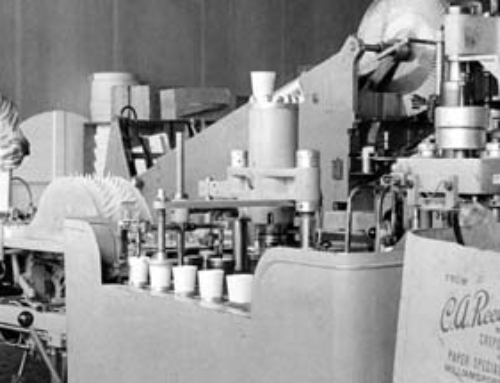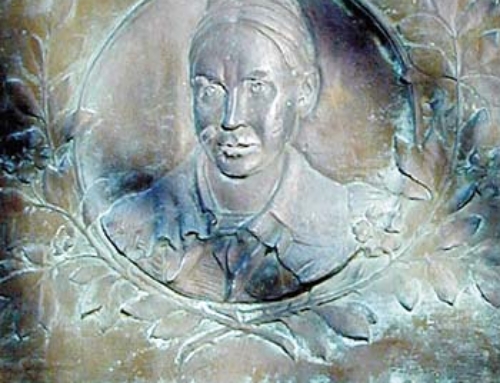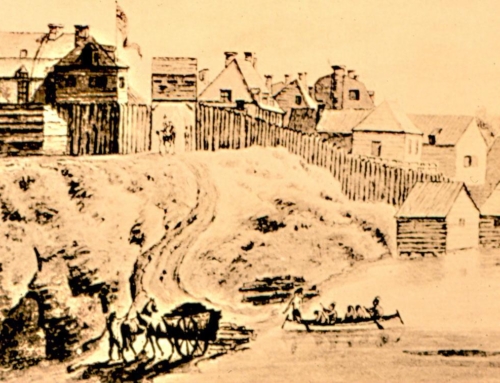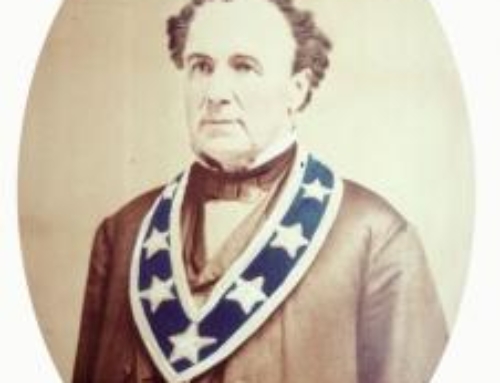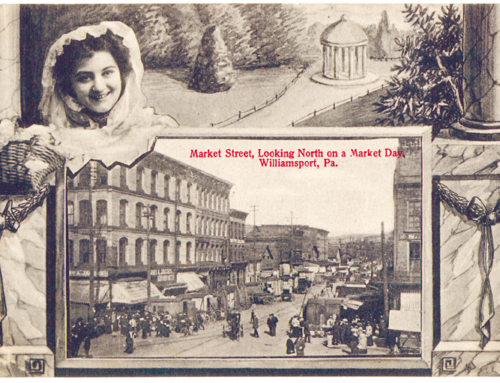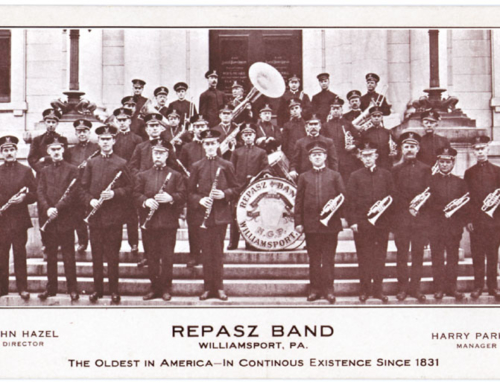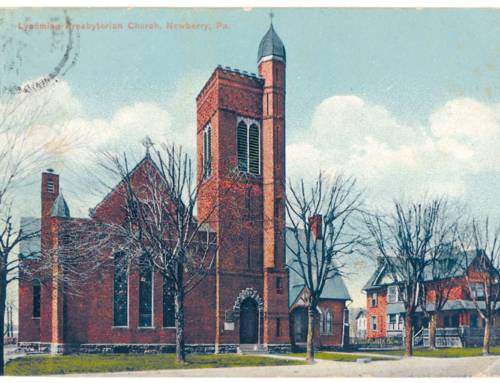It is no accident that one of the main centers of the Underground Railroad in Lycoming County was the Pennsdale-Muncy area. This was an area in which many members of the Society of Friends or “Quakers” lived. In fact there was, and still is, a Quaker Meeting House there. Members of the Society of Friends were among the most ardent abolitionists and most active conductors of the Underground Railroad. The Quakers’ role in the Underground Railroad is one of the shining moments of the Society of Friends.

Muncy postcard: Friends’ School House, Pennsdale, PA
The Quakers of the Pennsdale-Muncy area probably were influenced in their abolitionist thinking by one of the Society of Friends’ leading theologians, John Woolman (1710-1772). He abhorred slavery and would do his utmost to preach against its evils and would urge fellow Quakers who were slaveholders to abandon the immoral practice. If Woolman ever stayed with Quakers who held slaves, he had a habit of making his host accept payment for slaves’ services. Woolman traveled extensively in the New Jersey-Pennsylvania region, even traveling into Wyalusing in nearby Bradford County.
One of the most famous Underground Railroad “stations” in Lycoming County was in Pennsdale and was known as the “House of Many Stairs.” At the time of its service to the Underground Railroad, it was the Bulls Head Tavern owned by Edward Morris. It served as a stagecoach stop offering food, drink and lodging. The busy comings and goings helped to mask the sanctuary activities that the tavern offered for runaway slaves.
The “House of Many Stairs” had a unique construction; it was created from lime and fossil stone with a wooden roof and was built on a hillside. This location resulted in the number of stairs that gave the house its nickname. This abundance of steps also helped to confuse any slave catchers who might be on the trail of runaway slaves. There were a number of hidden rooms that would further shelter any of the slaves. There was a cubbyhole with a sliding panel at the head of one of the stairways that also was used for hiding the slaves.
Another sanctuary in the Pennsdale area for runaway slaves was Wolf Run House owned by Quaker William Haines. Three generations of the Haines family were involved in Underground Railroad activities.
The Quaker Meeting House in Pennsdale served as an assembly point for the runaway slaves to continue their travels north along the Genesee Trail into New York state and then into Canada.
A superstition that was encouraged by the conductors of the Underground Railroad spread the notion that the area around the Meeting House was haunted. Strange, unearthly groans had been heard in the area of the graveyard of the Meeting House late at night. Travelers would often journey out of their way and go around the Meeting House to avoid the allegedly-haunted area. It turns out that there was a sheep pasture in the area of the Meeting House and, on one occasion, a hungry sheep got caught on the fence around the pasture while trying to get at some tasty tidbit beyond the fence. This sheep moaned and groaned fearfully while trying to free itself. Apparently, some traveler happened by and could not determine what the creepy sound was and, therefore, spread the rumor that the area was haunted. The Quakers helping with the Underground Railroad did nothing to dispel the rumor as a way of keeping superstitious slave catchers at bay.
Another Quaker, Derek Updegraff, was active in the Underground Railroad in the Williamsport area. He offered sanctuary at the Long Reach Plantation, located in the South Reach Road area of Williamsport. Updegraff’s uncle and great-uncle, Thomas and Abraham Updegraff, respectively, also were conductors on the Underground Railroad.The runaway slaves would arrive on packet boats at the docks of downtown Williamsport along the Susquehanna River. The runaways would be hidden at Updegraff’s Exchange Hotel.
The president of the Williamsport-Elmira Railroad, Robert Fairies, also was a dedicated abolitionist and would use his access to an actual railroad to hide runaway slaves in the baggage compartments of trains going north.
In Muncy, the McCarty-Wertman House on Main Street served as another hiding place for the slaves seeking freedom.
Lycoming County can be very proud of its extensive and critical role in the Underground Railroad and as the home of many courageous and dedicated citizens who unselfishly toiled for the freedom of others.
By Lou Hunsinger Jr., Williamsport Sun-Gazette


